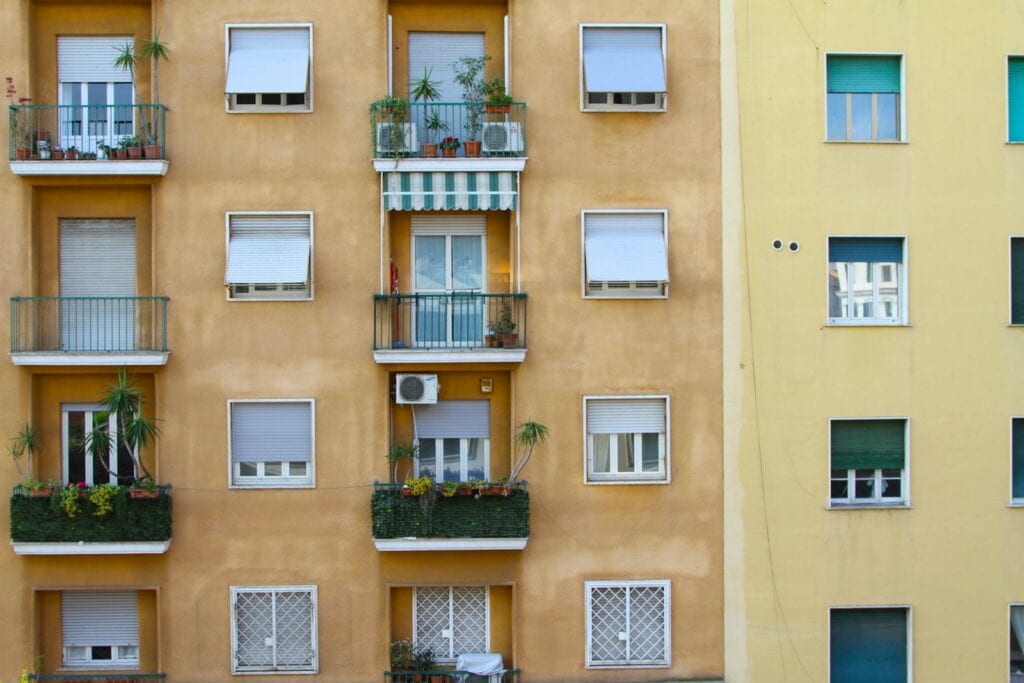Get Expert Investment Financing
- Matched with investor-friendly lenders
- Fast pre-approvals-no W2s required
- Financing options fro rentals, BRRRR, STRs
- Scale your portfolio with confidence
Educational Content | Not Financial Advice | Connect with Licensed Professionals
Investing in student housing can be a highly profitable venture, especially near colleges and universities with growing student populations. However, the upfront capital required often presents a challenge. This is where SBA (Small Business Administration) loans and alternative financing options come into play. This article explores how real estate developers and investors can tap into SBA programs, and what other financing paths are available when traditional loans fall short.
SBA loans are government-backed loans that provide small businesses with access to capital at favorable terms. Two of the most common SBA loan programs are:
Student housing developers may qualify for SBA loans if the property meets these conditions:
While pure investment properties are typically excluded, mixed-use student housing—such as a dormitory with commercial amenities—may be considered if structured properly.
Want help determining SBA loan eligibility for your student housing project? Contact our team for a free consultation.
If SBA loans are not the right fit, consider the following financing alternatives:
This FHA-backed loan is ideal for large-scale student housing construction or rehabilitation. It offers:
Partnering with investors or real estate investment firms can provide the capital needed while sharing the risk and reward.
These are short-term, interest-only loans used to “bridge” financing gaps during construction or while waiting for permanent financing.
Traditional commercial loans may be viable for experienced developers with a strong credit history. These are quicker to close but may require higher down payments.
Compare your financing options today with our Student Housing Financing Guide.
| Pros | Cons |
| Lower down payments | Strict use and occupancy requirements |
| Longer repayment terms | Complex application process |
| Favorable interest rates | Limited to certain business models |
| Partial government guarantee | Personal guarantee often required |
Internal Link: Learn more about the pros and cons of SBA 504 loans for real estate development.
To increase your chances of securing SBA financing:
Need help structuring your student housing deal to meet SBA requirements? Schedule a strategy call with us.
Yes, if the borrower is a small business and will occupy the required portion of the property, SBA financing can be applied to off-campus housing.
It depends. Dorm-style developments may qualify if they are owned by a business entity that actively manages the property and meets occupancy guidelines.
The approval process typically takes 30–90 days, depending on the complexity of the application and lender experience.
By understanding SBA loan requirements and exploring alternative financing routes, student housing developers can unlock capital to grow their portfolios responsibly and efficiently. Whether you’re building a new facility or repurposing existing real estate, aligning your business model with SBA or HUD standards can be a game-changer in this niche market.
This article is for educational purposes only and does not constitute financial, legal, or investment advice. Mortgage rates, terms, and requirements vary by lender and individual circumstances. Always consult with qualified, licensed mortgage professionals before making financial decisions. REInvestorGuide.com may receive compensation from featured lenders and service providers.
Our advise is based on experience in the mortgage industry and we are dedicated to helping you achieve your goal of owning a home. We may receive compensation from partner banks when you view mortgage rates listed on our website.


